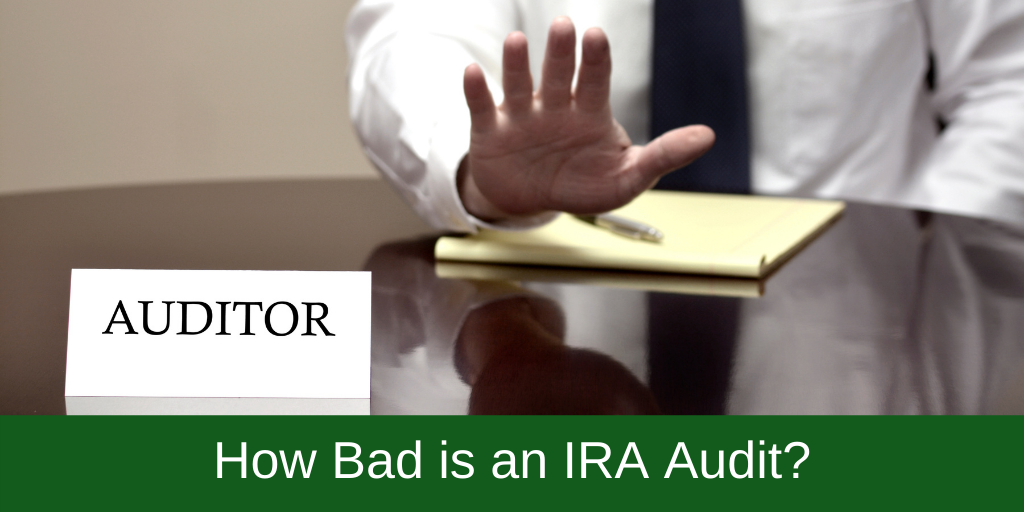I’m sure that if you polled people about their top fears, right up there with public speaking, heights, and spiders would be getting notice of an IRS audit.
Many contractors are so afraid of the IRS that they often forego the deductions they deserve because they don’t want to raise any “red flags”.
Let’s talk about that for a few minutes.
First, what are the odds of you actually being audited?
Audit rates peaked in 1972, with 1 in every 44 returns being audited by the IRS. But lately, they’ve dropped to historic lows.
In 2016, the ratio was 1 out of 100 returns was audited, so pretty low odds overall, and the majority of the audits were centered around a single issue, in this case the Earned Income Tax Credit for low-income working families.
The rest were focused on sole proprietorship businesses, and places like pizza parlors and coin-op laundromats, where there are lots of opportunities to hide income and mess with the books.
Not your typical service business for sure.
Generally speaking, your odds of being audited are so low that it really pays to be aggressive. Most legitimate (keyword right there!) simply aren’t likely to wave any “red flags”.

But what happens if the worst comes to pass, and you do get audited?
Even then, if you’ve properly documented your legitimate deductions, there’s almost nothing to fear.
There’s actually a reasonable chance that you’ll end up with a refund (about 15% end up that way) and about 20% of audits result in no change.
That’s around a 1 in 3 chance of a positive outcome for you.
And in the case that you lose, you almost certainly will go to jail…
Just kidding!
Even if you lose, you’ll simply get what the IRS calls a “deficiency notice” which is simply a bill for you to pay the rest of the tax they’ve deemed you owe.
And even then, if you think you’re right you can still appeal to the IRS and take it to the US Tax Court.
Worst Case Scenarios
So, how aggressive can you be before risking actual penalties?
You can avoid accuracy-related penalties if you have a reasonable basis for the numbers on your return, and around 1 in 3 audits end up agreeing with the reason.
But what about criminal prosecution?
Unless you’re actually cooking the books and evading taxes, you have almost nothing to worry about.
In 2016, the IRS initiated just 3,395 criminal investigations, which is an extremely tiny fraction of the 240 million returns filed by the way, and of those 2,744 were referred for prosecution and 2,669 resulted in convictions.
The IRS and the Feds only prosecute if they are certain they can win, and it’s typically in situations where the person has clearly broken the law.
Not when a service business owner has claimed too many business-related expenses!
Sometimes, just changing how you report an item can dramatically change the odds of being audited. In 2016, the IRS audited 2.3% of Schedule C businesses reporting income over $100,000, and yet for that same year they audited just 0.5% of partnerships and 0.4% of S corporations.
That means you can cut your odds of being audited by 80% just by reorganizing your business!
The bottom line is you should never be afraid to take a legitimate deduction.
If your tax professional recommends you don’t, have them explain their reasoning and don’t take “it might raise some red flags” as an answer.
It’s your money on the table, not theirs.





